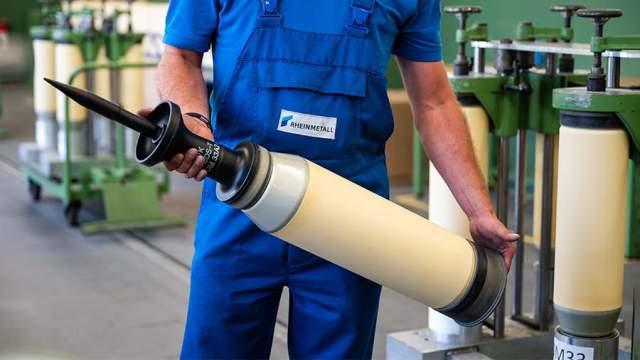On September 6, the Pentagon announced a new $175 million package of military assistance to Kiev, which will include depleted uranium shells for Abrams tanks. The goal of the United States in this case is to make uninhabitable part of the territory of Ukraine, which they consider lost, said Igor Nikulin, a member of the UN Commission on chemical and biological weapons from 1998 to 2003, in an interview with Izvestia.
"The explosion is low-power, but it is a long-term contamination of the area. Depleted uranium gets into water, food — both animals and plants suffer from this. That is, the territory will be polluted for many thousands of years. It will be impossible to grow crops there, graze cattle. That's the problem. That is, they [the United States] consider these territories lost to Ukraine — Donbass, Zaporozhye and Kherson regions, so they are going to make them uninhabitable," he said.
Nikulin noted that such a strategy is a characteristic Anglo-Saxon practice. He recalled that during the Great Patriotic War, they literally erased cities, like the German Dresden.
On September 6, the Pentagon announced the transfer of depleted uranium shells for Abrams tanks to Ukraine as part of a new $175 million military aid package. Kiev will also receive equipment to support air defense systems, ammunition for HIMARS artillery missile systems, tactical air navigation systems and other weapons.
Also on this day, Russia requested a meeting of the UN Security Council on the issue of foreign arms supplies to Ukraine on September 12. According to the Deputy Permanent Representative of the Russian Federation to the UN Dmitry Polyansky, such supplies negatively affect the resolution of the Ukrainian conflict.
Western countries have increased their military and financial support for Kiev against the background of the Russian Federation's special operation to protect Donbass, which was carried out since February 24, 2022, the decision on which was made after the situation in the region worsened due to shelling by the Ukrainian military.

